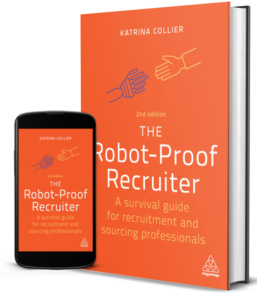Slaves in 2020? The second-largest crime in the world
I’ve been involved with Retrak since 2016, when I joined a group of HR and L&D professionals on a trip inspired by the words of Ian Pettigrew; how this experience would change my life was unknown as I boarded the plane to aid the efforts of the street children in Kampala, Uganda.
When Retrak joined Hope for Justice in 2018, I continued with my support of this mission-led charity and this is where I met this week’s guest, Susan Banister. Susan has been with Hope for Justice for over 2-years and partners with businesses, from start-ups to FTSE 100 companies, helping them to assess and audit the potential for modern slaves to be in their own organisations and in their supply chains.
Susan’s own journey started with a Law Degree whereupon she entered the business world partnering with companies to introduce educational technology until her thinking was challenged by a friend who made the statement – “wouldn’t it be great to live in a slave-free Bolton”. Like most people in the UK, her reaction was,
“What are you talking about, we don’t have slaves in Bolton.”
This perception changed forever when “horrified by the statistics” she decided to take action and an opportunity to work with Hope for Justice and the Slave-Free Alliance arose in 2017.
What is modern slavery?
Opening the show, Susan tells us about the staggering global statistics of slavery; we “have more slaves in the world than ever before. There are over 40.3 million people are enslaved globally.”
Susan also helps us with our understanding of modern slavery as it is often disguised and might be referred to as something else; she tells us the definition is “the illegal exploitation for financial gain” and this can take many forms including sexual exploitation, domestic servitude and forced labour.
On the show we discovered more about the mission that drives Susan and her colleagues; they focus on
“Preventing exploitation, rescuing victims, restoring lives and reforming society” and this is happening across “32 locations across 5 continents.”
If that wasn’t enough, below you’ll hear Susan talk about:
- Countries with the highest numbers of people in modern slavery
- Establishing self-help groups in Africa
- Preventing people from becoming victims through education
- Conducting due diligence on the partners in your supply-chain
- Revisions to the Modern Slavery Act
- How HR and Recruitment professionals can make a difference


